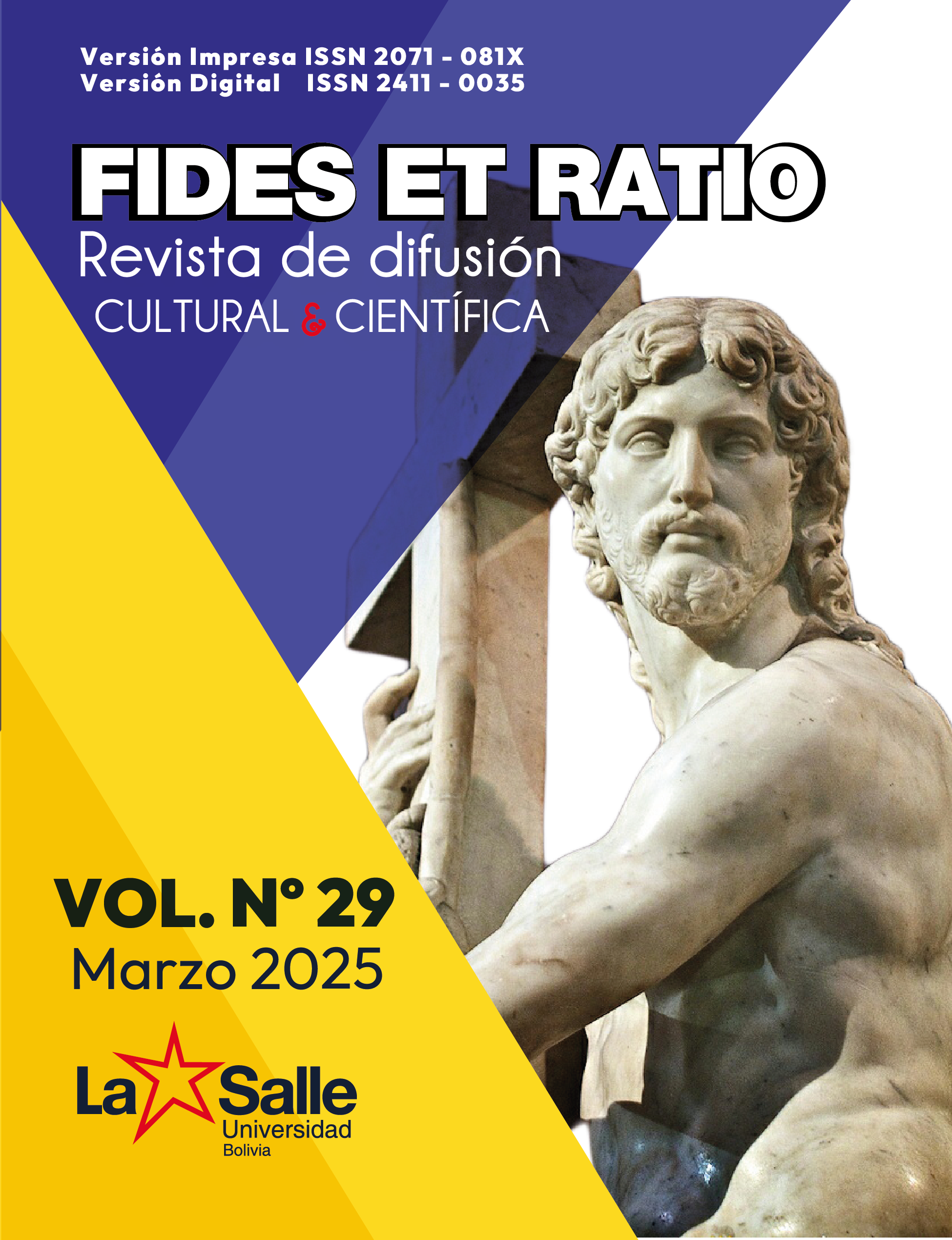Coping strategies and body image in mastectomized women. A correlational study
- Authors
-
-
Jhoselin Castillo Tintaya
, Instituto de Investigaciones en Ciencias Humanas y de la Educación, Universidad La Salle, La Paz-BoliviaAuthor -
Alhena L. Alfaro-Urquiola
, Universidad de Oviedo, EspañaAuthor
-
- Keywords:
- Cancer, Mastectomy, Body image, Coping strategies, Psycho-oncology
- Abstract
-
Breast cancer affects both physical and psychological health, impacting body image perception and self-esteem. A descriptive correlational study was conducted with a sample of 80 mastectomized women, utilizing the Coping Strategies Inventory (CSI) and the Body Image Scale QLQ-BR23. Data were analyzed using non-parametric tests with SPSS software.
The results indicated that a low use of problem-solving was associated with higher levels of body image distortion (p = .006, V = 0.299). Additionally, wishful thinking and social withdrawal were also related to a poorer perception of body image (p = .042 and p = .027, respectively). In contrast, emotional expression and social support did not show significant associations.
It is concluded that active coping strategies can mitigate body image distortion, while avoidant strategies, such as social withdrawal and wishful thinking, can exacerbate this issue. These findings underscore the importance of designing psychological interventions that promote adaptive strategies to improve the emotional adjustment of patients. - Downloads
-
Download data is not yet available.
- Author Biographies
- Downloads
- Published
- 2025-03-31
- Section
- Artículos
- License
-
Copyright (c) 2025 FIDES ET RATIO

This work is licensed under a Creative Commons Attribution-NonCommercial-NoDerivatives 4.0 International License.










